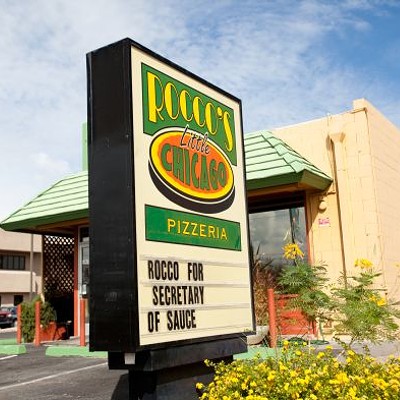BK, in an example of what is becoming an all-too-typical display of corporate hubris, has rejected workers' demands to have its suppliers pay higher wages. At the same time, a coalition of growers has threatened action against producers cooperating with McDonald's and Yum! Brands (Taco Bell's parent company), the two fast-food giants that reached earlier agreements with the Florida pickers, The New York Times recently reported.
Following a struggle beginning approximately four years ago, Yum! agreed its growers would increase pickers' wages. After more pressure on McDonald's, and with the Yum! agreement in place for two years, McDonald's was expected to follow suit this winter. But Burger King's actions have thrown a wrench into the process.
In what looks suspiciously like collusion, the self-proclaimed king of artery-clogging food and the Florida Tomato Growers Exchange are using legal strong-arm tactics and inflammatory language in their attempts to keep from increasing workers' wages while keeping the Coalition of Immokalee Workers from scoring any more labor victories.
The CIW began in 1993 with a small group of Florida workers who, to the shame of too many overfed and apathetic Americans, seem to know how to face down corporate greed and get the fat cats to dole out a modicum of economic justice. In the process, they've succeeded in bringing involuntary servitude--some would call it slavery--among Florida's agribusiness concerns out of the shadows. As a result of their sustained and successful efforts on behalf of workers' rights, in 2003, they won the Robert F. Kennedy Human Rights Award.
It's possible Wall Street is putting the screws to Burger King and may even be behind BK's intransigence: Goldman Sachs, The NYT reports, is one of the burger pusher's largest shareholders. And Goldman Sachs is one of the world's largest, if not the largest, investment banker and securities dealer. It's no coincidence the global Goliath's Web site opens with the quote: "Complacency can lead to extinction." It's not polar bears we're talking about here, people.
One might think a behemoth like Goldman Sachs has more pressing issues than a labor skirmish in Florida's backwater, but who knows what evil lurks in the hearts of investment bankers? The bottom line is this: There's an upstart group composed largely of people of color from the pits of Florida's agricultural belt threatening one of the planet's most powerful "free-market" entities.
Not that it's much of a threat: The CIW wants Burger King to agree to wages of a penny more per pound of tomatoes picked. The moguls at Goldman's can rest easy: Even at 2 cents more per pound, it's not likely to put a crimp in their lifestyles. Meanwhile, the Florida Tomato Growers Exchange, a so-called "cooperative" representing 90 percent of the state's growers, is looking to its lawyers to find a way to penalize those who cooperate with Yum!, McDonald's and, presumably, Burger King, should the corporation ever decide to join its competitors and win some human decency points.
Unfortunately for the group, its lawyers don't seem to grasp the concept of antitrust law. While they claim the CIW violated antitrust provisions in reaching agreements with the two fast-food companies, according to a Columbia University law professor, "The only possible antitrust violation is by the growers since they seem to be conspiring among themselves to refuse to deal with fast-food companies that want to buy supplies under certain specifications," reported The NYT.
Boycotts and protests eventually brought Taco Bell to its corporate senses. It will probably take at least that much, if not more, to get Burger King and the Growers Exchange to realize they are in a losing battle.
As for Goldman Sachs, which may well be the puppeteer behind Burger King and the Exchange, a flood of e-mails in support of the workers' wage demands is an effective way to demonstrate solidarity with the men and women who more than deserve the modest increase they seek. The Goldman Sachs Web site provides a contact page leading to an investor-relations page and several e-mail addresses.
The time for fair prices for food is long past due. At an increase of 1 cent per pound, 2 million pounds of tomatoes equals $20,000. It's cheaper than hiring lawyers.






